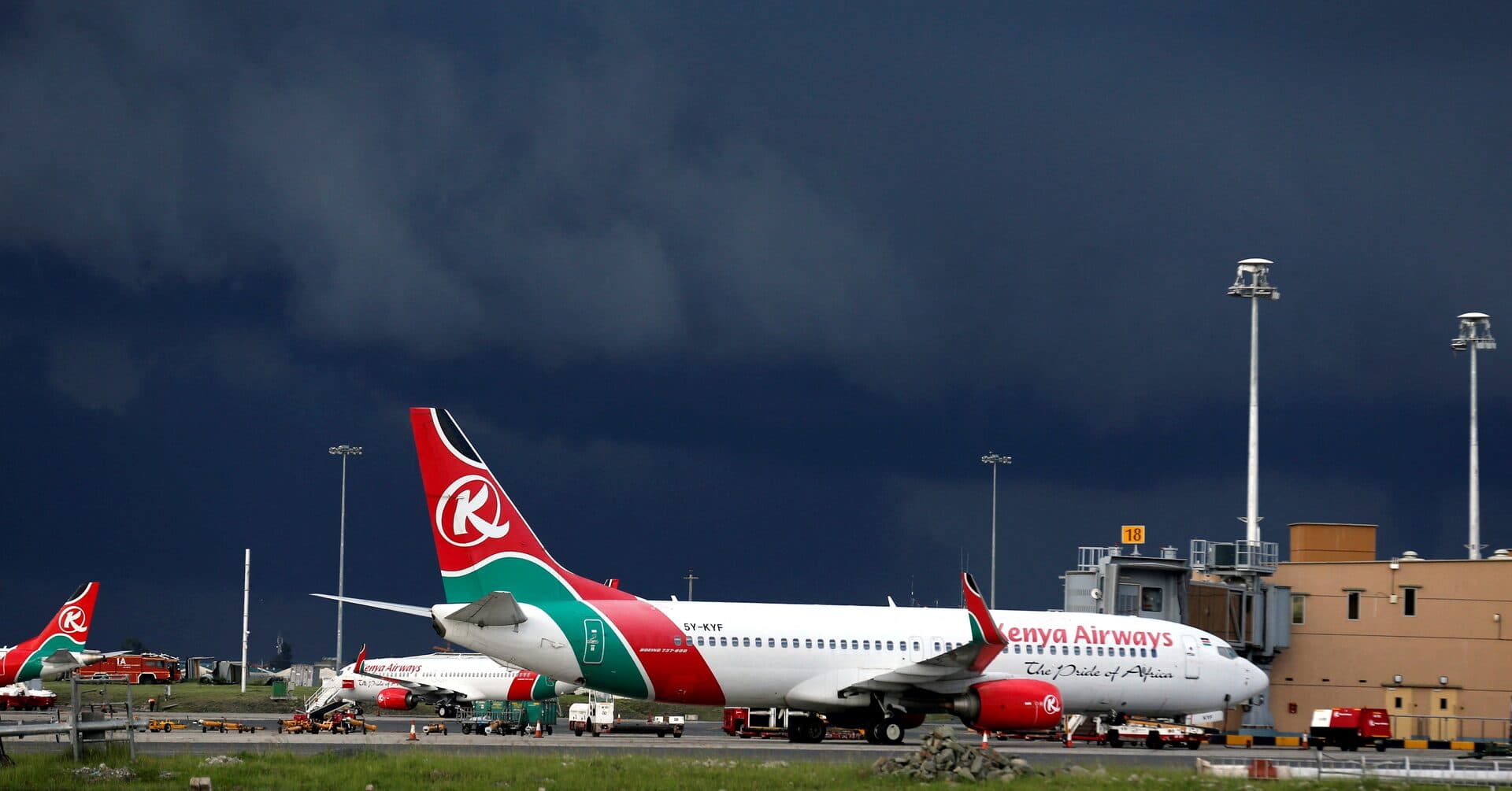We're loading the full news article for you. This includes the article content, images, author information, and related articles.
A looming US government shutdown threatens to cripple American air travel, with potential ripple effects for Kenyan horticultural exports and tourism as flight disruptions loom.

WASHINGTON D.C. – A deepening political impasse in the United States Congress over government funding is threatening to trigger a widespread shutdown of federal services, prompting stark warnings about the severe impact on the global aviation industry. On Thursday, October 30, 2025, US Vice President JD Vance cautioned that a prolonged shutdown could create an aviation 'disaster' as the holiday travel season approaches. The primary concern centres on the furloughing of essential federal employees, including thousands of air traffic controllers (ATCs) and Transportation Security Administration (TSA) officers who would be forced to work without pay.
Speaking at the White House after a meeting with aviation industry leaders, Mr. Vance expressed grave concern that unpaid staff may not report for duty, leading to critical staff shortages. "It could be a disaster, it really could be, because at that point you're talking about people have missed three paychecks," Vance stated on Thursday. Transportation Secretary Sean Duffy echoed these concerns, warning that as the shutdown extends, absenteeism among ATCs could lead to significant flight delays and cancellations, snarling traffic across the nation's airports. During the 34-day shutdown in 2018-2019, roughly 10% of TSA workers called in sick, leading to major disruptions at airports. The U.S. Travel Association estimates a shutdown could cost the travel economy $1 billion per week.
The potential disruption to the U.S. National Airspace System carries significant economic implications for Kenya, particularly for its vital horticulture and tourism sectors which rely heavily on air connectivity. The United States is a primary market for Kenyan exports, including flowers, fresh produce, and textiles, many of which are transported via air freight to ensure freshness and meet market deadlines. Any large-scale cancellation or delay of flights from Jomo Kenyatta International Airport (JKIA) to the U.S. could lead to substantial financial losses for Kenyan farmers and exporters.
Recent data underscores the sensitivity of this trade link. In 2024, logistical challenges and airfreight capacity shortages at JKIA, caused by airlines rerouting for more lucrative paths, contributed to a Sh1.4 billion drop in flower export earnings. Clement Tulezi, CEO of the Kenya Flower Council, noted in January 2025 that the sector was already facing a 30% weekly capacity shortage in air freight, driving costs up significantly even before the current US shutdown threat. A prolonged disruption in the U.S. could exacerbate this precarious situation, potentially leaving high-value perishable goods stranded and jeopardizing crucial revenue streams for an industry that employs hundreds of thousands of Kenyans.
Beyond cargo, the shutdown threatens passenger travel, a cornerstone of Kenya's tourism industry. The United States is one of Kenya's largest sources of international tourists, and the direct flights operated by Kenya Airways between Nairobi and New York are critical to this market. Significant delays or cancellations originating from the U.S. could deter American tourists, impacting safari operators, hotels, and the broader hospitality sector, which contributes significantly to Kenya's GDP.
The political paralysis in Washington also casts a shadow over crucial trade negotiations. According to a report from Streamline Feed on October 24, 2025, the ongoing shutdown is jeopardizing talks for a new trade agreement between Kenya and the U.S., following the expiration of the African Growth and Opportunity Act (AGOA). The lapse of this duty-free access agreement already poses a risk to thousands of jobs in Kenya's textile industry. A protracted shutdown could stall diplomatic and trade engagement, leaving Kenyan exporters in a state of uncertainty and potentially facing higher tariffs. While aviation safety experts maintain that flying remains safe due to stringent protocols, they concede that a shutdown strains the system and makes delays and cancellations more likely. For now, Kenyan businesses and travellers connected to the U.S. market are watching Washington closely, as the political deadlock threatens to disrupt a critical economic lifeline.
Keep the conversation in one place—threads here stay linked to the story and in the forums.
Sign in to start a discussion
Start a conversation about this story and keep it linked here.
Other hot threads
E-sports and Gaming Community in Kenya
Active 9 months ago
The Role of Technology in Modern Agriculture (AgriTech)
Active 9 months ago
Popular Recreational Activities Across Counties
Active 9 months ago
Investing in Youth Sports Development Programs
Active 9 months ago
Key figures and persons of interest featured in this article